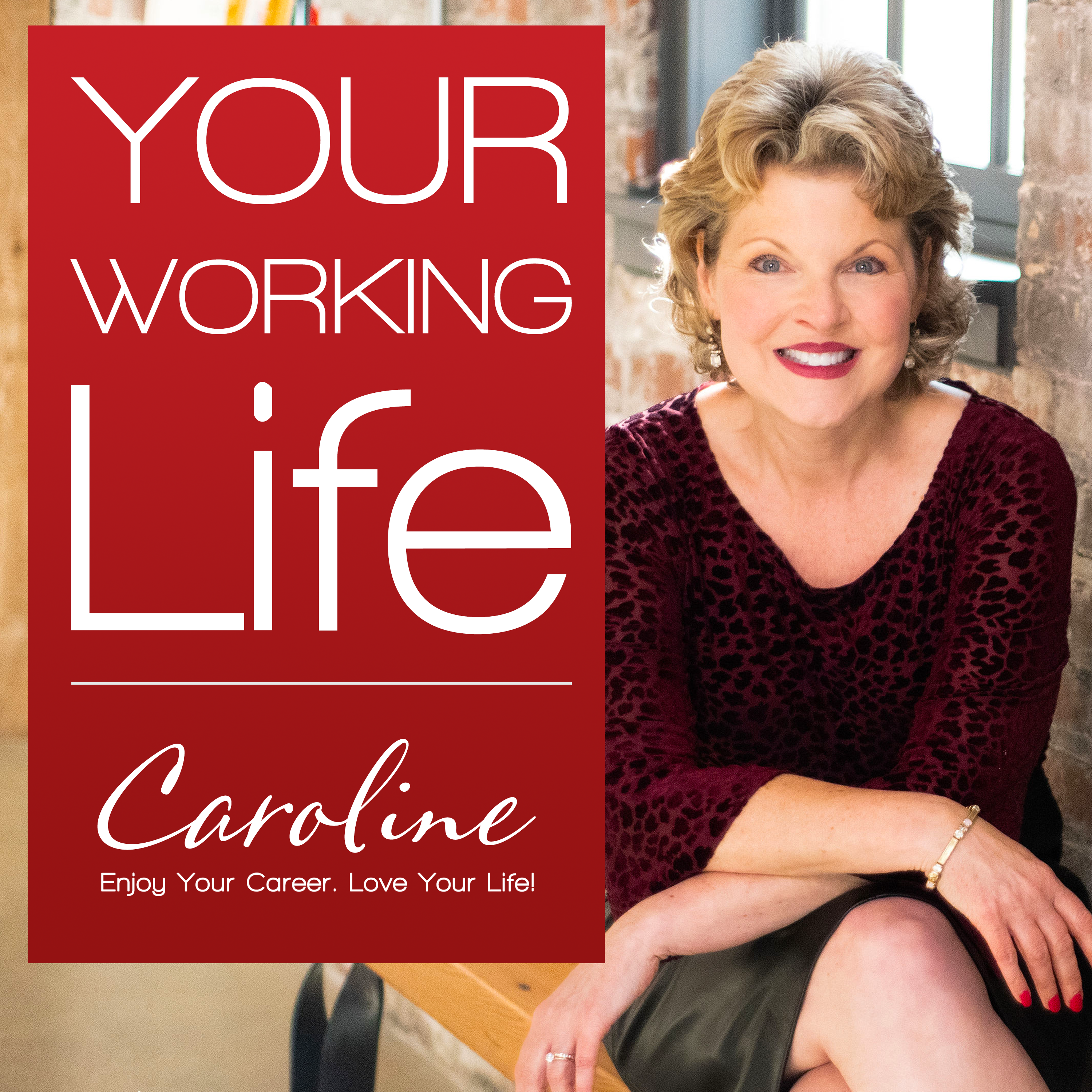Oct 11 2024 24 mins
Brigid Schulte is the author of the bestselling Overwhelmed: Work, Love, and Play When No One Has the Time and an award-winning journalist formerly for the Washington Post, where she was part of a team that won a Pulitzer Prize. She is also the director of the Better Life Lab, the work-family justice and gender equity program at New America. She lives in Alexandria, Virginia, with her husband and two children.
Over Work Talking Points:
● Redesigning Work to have Time for Quality of life. How to more deliberately prioritize quality of life in our hectic day to day lives, focusing on meaningful work, caring for and connecting with others, and time to rest and play?
That’s why it’s so critical we create smart and effective work cultures. Drawing from the change agents featured in the book, Brigid can show that, while they use different methods to redesign work for more quality of life, there are key strategies that are universal. The first is articulating a vision of a different future and believing it’s possible. The second is recognizing that change happens in a variety of ways, and that individuals, organizations, and policymakers all play a role. (With key takeaways for each)
● Defining what “Good Work” is - a combination of meaning, fairness, and cooperation - and why it’s better for everyone – including businesses and the economy.
The U.S., the richest country in the world, ranks 5th among advanced economies in the share of low-wage workers in the workforce – 44 percent. Americans are working harder and harder and feeling like they’re falling farther and farther behind. And far from the lazy worker trope, 70 percent of those who receive Medicaid or SNAP benefits work full time. How we can make all jobs good jobs. How one venture capitalist will only invest in companies that provide good jobs. And why, beyond human wellbeing, our economy – and our democracy - depend on it.
● Why Americans work such long hours, what it’s costing us and how we can change. Are short work hours the answer?
Knowledge workers work around the clock - even on vacation - in one job and low-wage and hourly workers are taking on multiple jobs and side hustles to survive. U.S. laws and policies that make it hard for workers to organize and demand better reinforce the overwork culture. Surveys show Americans choose more work and money over time off, and that we’d work even if we didn’t have to. Brigid can share what she’s learned from reporting on efforts to change Japan’s work-til-you-die or “karoshi” culture, and how Iceland improved both gender equality and wellbeing - and productivity - with shorter work hours. (Hint: long hours don’t make work more productive, time off does.)
● How addressing 10 psychosocial stressors at work - like long work hours, work-life conflict, and toxic work cultures - will make work and life better for employees and employers alike. Work stress is the fifth leading cause of death in the U.S. and something we all need to be taking more seriously.
Brigid can talk about how short work hours movements are operational excellence missions in disguise and can boost productivity as well as wellbeing and gender equality., and how organizations and the entire country of Iceland have transformed as a result of working shorter, smarter hours.
● Real Wellbeing at Work, and why it matters. Why workplace wellness programs that focus on the individual as both the problem and the solution aren’t working, and why the solution to the burnout epidemic isn’t lunchtime yoga or a meditation app, but managers and organizations rethinking the way we work and acknowledging that those “right sizing” layoffs are part of the problem.
Real wellbeing is about systems-level solutions like reasonable workloads, having more choice, control, and autonomy over time, and being rewarded fairly for one’s efforts. Brigid can talk about the lessons learned from the pandemic and, beyond the Return to Office fights, can share the strategies that successful organizations are using to remake work so that workers are happier and healthier and work itself is better.
● Why we need to make room for care at work.
More than 70 percent of the workforce has care responsibilities. Yet caregiving falls most heavily on women, who spend anywhere from 2 to 10 times more time than men on the unpaid work of care and home. More than 2 million women were forced out of the workforce because of care duties during the pandemic. The numbers have been rebounding largely because of the widespread adoption of flexible work and a better understanding of how care is work. There’s still a long way to go, but the changes we’re making now are making work and life better for everyone - including businesses.
● What would it take to create lives of work-life enrichment, rather than work-life conflict, and changing our focus from time scarcity to time serenity?
Brigid can share stories of how work is changing in Scotland and other countries seeking to create “Wellbeing Economies” and measure their success by how happy and healthy their people are at work and in their lives.
● What does the future of all work look like?
In a rapidly changing future of work, when AI, automation and technology will destroy jobs, create others and where there may not be enough work to go around, how will humans survive – and find meaning? Three possible futures, and why it’s critical to redefine what work itself is, and how it shapes our identities. (The key is tying it to the common good and how we make the world a better place – which was the point of the Protestant Work Ethic from the outset.)
Social media:
Facebook: https://www.facebook.com/brigid.schulte
Twitter: https://twitter.com/brigidschulte
LinkedIn: https://www.linkedin.com/in/brigidschulte
